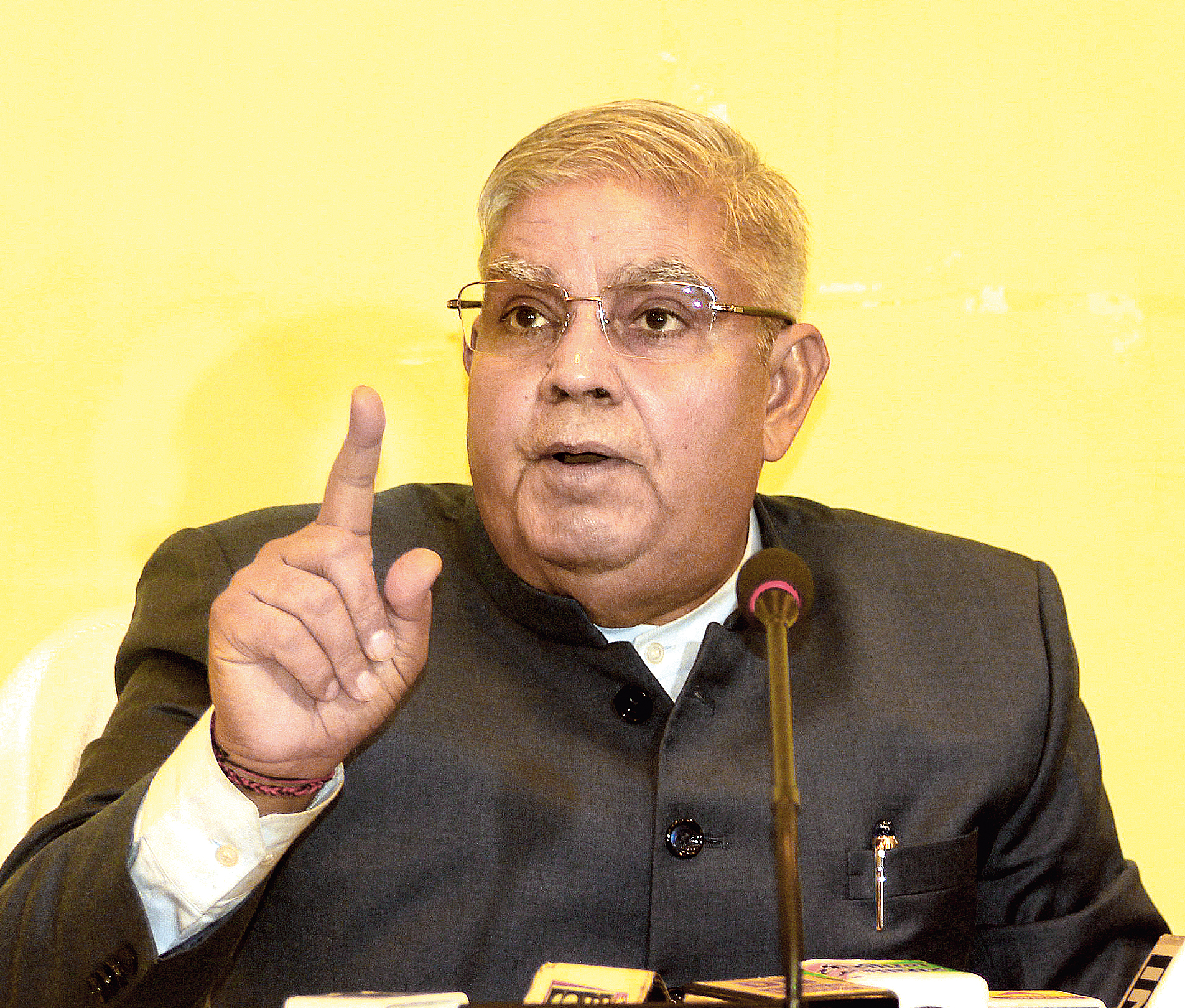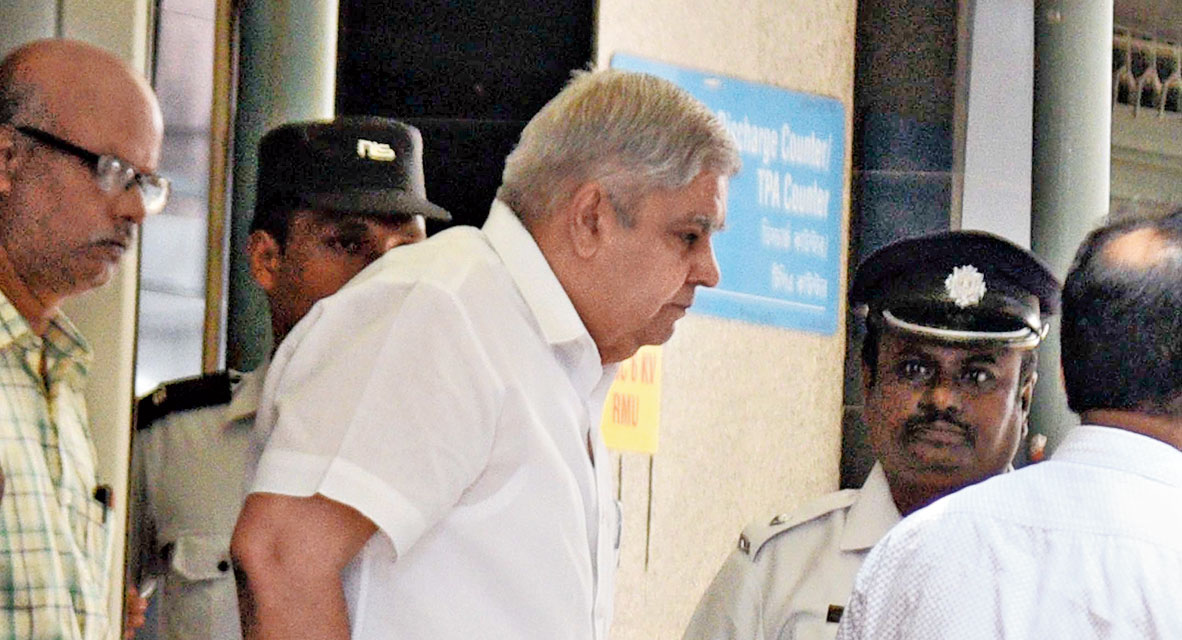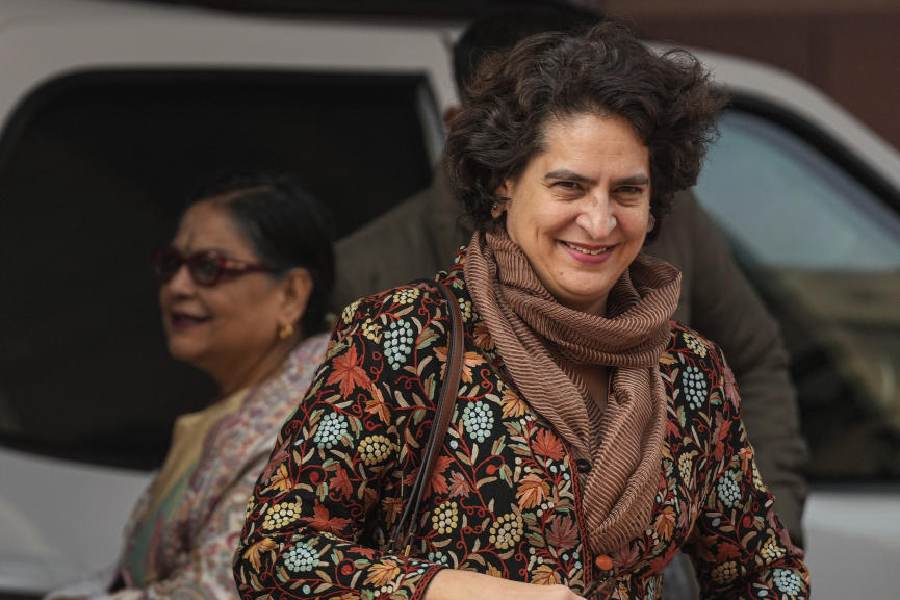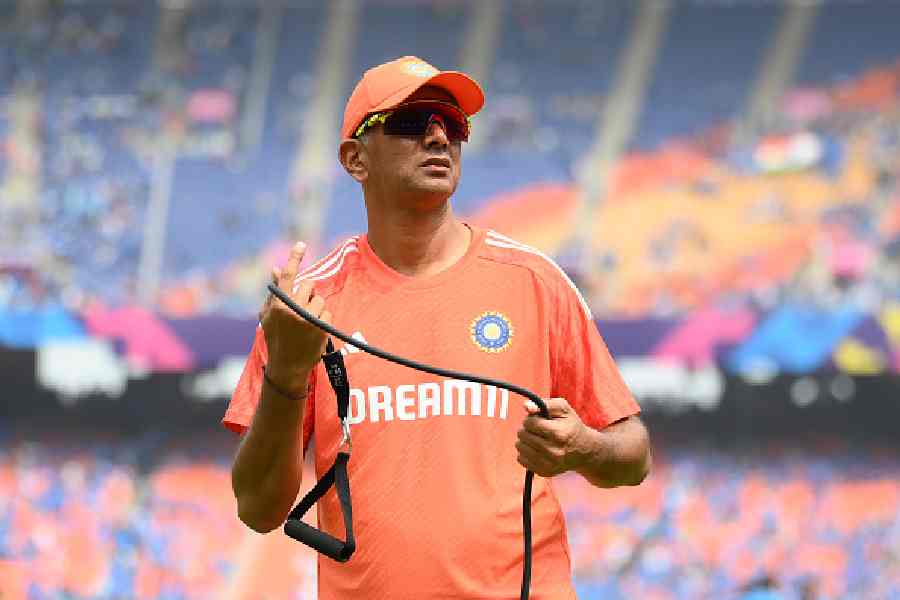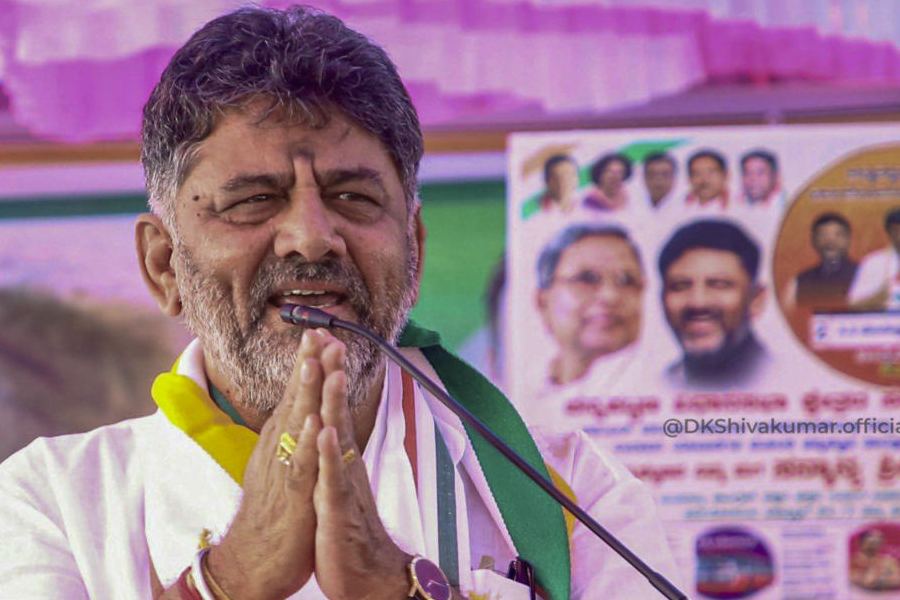The governor of West Bengal likes to be kept well-informed. So he must already be well-informed about his own role. His role according to the Constitution — one of dignity and neutrality — as well as his role, by virtue of his position, as chancellor of state universities, such as Jadavpur University. There, too, his role is an honorary one, not one of fencing with the academic community that runs the institution. The governor of a state is supposed to be above politics, although he or she is chosen by the party in power at the Centre. If a governor wishes to respect the spirit of balance represented by the Constitution, he or she must be particularly careful not to appear overtly political when posted in a state run by the Opposition. Jagdeep Dhankhar as governor of West Bengal, however, seems to prefer to be publicly critical of the state administration, exhibiting how the state needs his action, as in the case of Babul Supriyo’s visit to Jadavpur University, and declaring, together with the Bharatiya Janata Party, that law and order are in disarray. This activism has spilled over into his role as chancellor as well. That is unfortunate.
At a meeting in Jadavpur University with the university court, the governor asked for “wider consultations” in deciding recipients of honorary DLitt and DSc degrees, and complained that there was not “enough information” about this year’s choices. Mr Dhankhar was clearly dissatisfied with the university’s choices for this year, wishing to make his final decision after returning to Raj Bhavan when faced with the unanimity of the members of the university court. There, too, he was mixing up his roles a bit. He had to be reminded, reportedly, that he was chairman of the court in his capacity of chancellor; Raj Bhavan did not figure. The governor’s remarks, though, suggest the possibility of encroaching on a university’s autonomy and imposing an extra-academic authority even in the choice of honorary degrees. It is difficult to interpret his comments on wider consultation and lack of sufficient information in any other way. The university wishes to honour certain individuals — who must it inform and consult? And why? Mr Dhankhar is specific about the reasons for his dissatisfaction; he must have the answers to all these questions.


